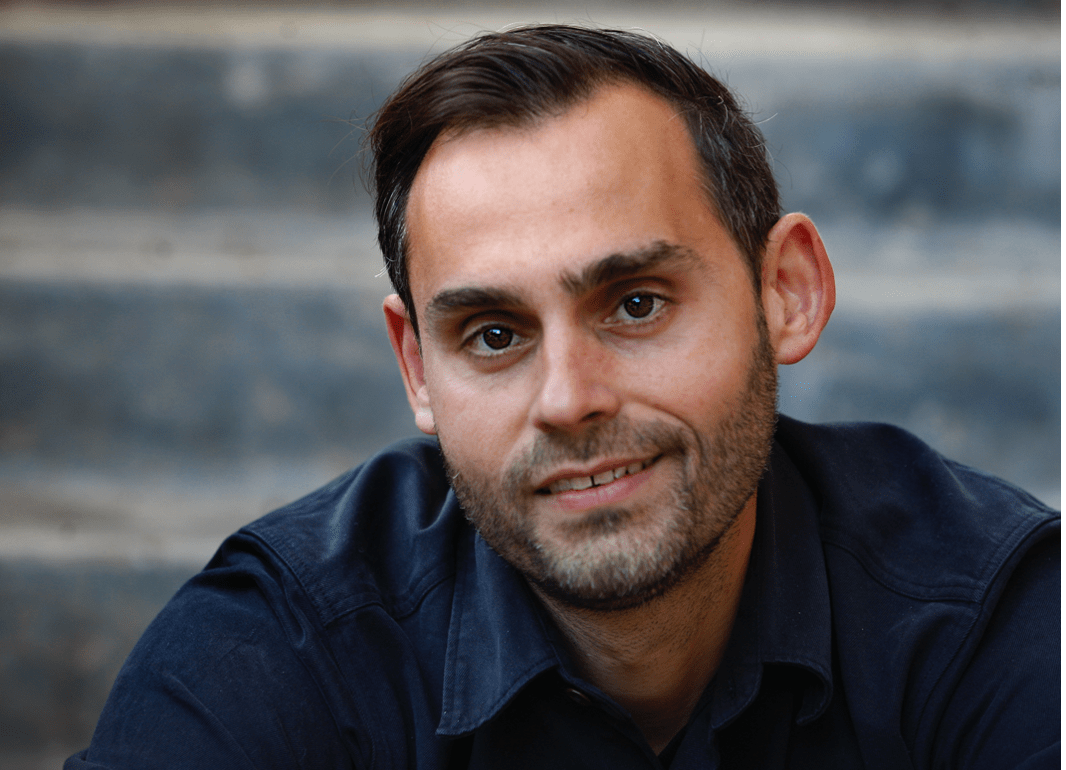Writing therapy not for everyone
Health benefits of expressive writing do not apply equally across all cultures, study finds.

Freud practically invented it and Oprah has made a career out of it, but not everyone embraces talking their way to mental health. The role that culture plays in determining whether or not treatment will be successful prompted UC Irvine researchers to study a popular psychotherapy tool: expressive writing.
The practice encourages patients to put thoughts and feelings about traumatic events into words as a way to relieve stress and promote physical health. Researchers Eric Knowles and Belinda Campos randomly assigned white and Asian American participants to write about their worst traumas or trivial topics over a four-day period.
They assessed physical symptoms before the writing exercise and again one month after the writing sessions. The researchers found that whites who wrote about trauma reported fewer illness and depression symptoms in the second assessment, a benefit not experienced by the Asian American group. Neither did this group report gaining any insights into their feelings or thoughts about trauma.
“The one-size-fits-all approach to mental health can have disappointing results,” says Knowles, assistant professor of psychology & social behavior and co-author of the study. “Mental health professionals should treat patients with culturally appropriate therapies.”
The study appears in the current issue of Social Psychological and Personality Science. Participants included 18- to 25-year-old Asian Americans of East Asian, Filipino and South Asian descent. All were proficient in English and had no other preferential language.
Participants who wrote about traumatic events – which for many included the death of a loved one, illnesses in the family and unwanted pregnancies – reported physical symptoms from a list that included flu, respiratory illnesses, headache, and inability to sleep.
Expressing feelings and sharing trauma can actually be stressful for Asian Americans, who showed no reduction in illness symptoms a month after the writing exercises, Campos says.
“In some of the better studied East Asian societies – Japan, Korea, China – people strive to maintain harmonious, socially cohesive relationships,” says Campos, assistant professor of Chicano/Latino studies and psychology & social behavior. “One way of maintaining that desired harmony is to not risk burdening the group.”
So what is the alternative for treating Asian American patients? Yoga, tai chi and meditation are the best-known examples of non-verbal stress relief practices and perhaps not surprisingly, all have origins in Asian societies.
“Future research should consider less verbal means of coping, such as silent introspection, meditation or art,” Campos says. “Therapists shouldn’t be asking themselves, ‘how can we get our patients to talk’, but ‘how can we change the way we treat patients to help them process trauma in ways that are beneficial to them’ ” she says.

